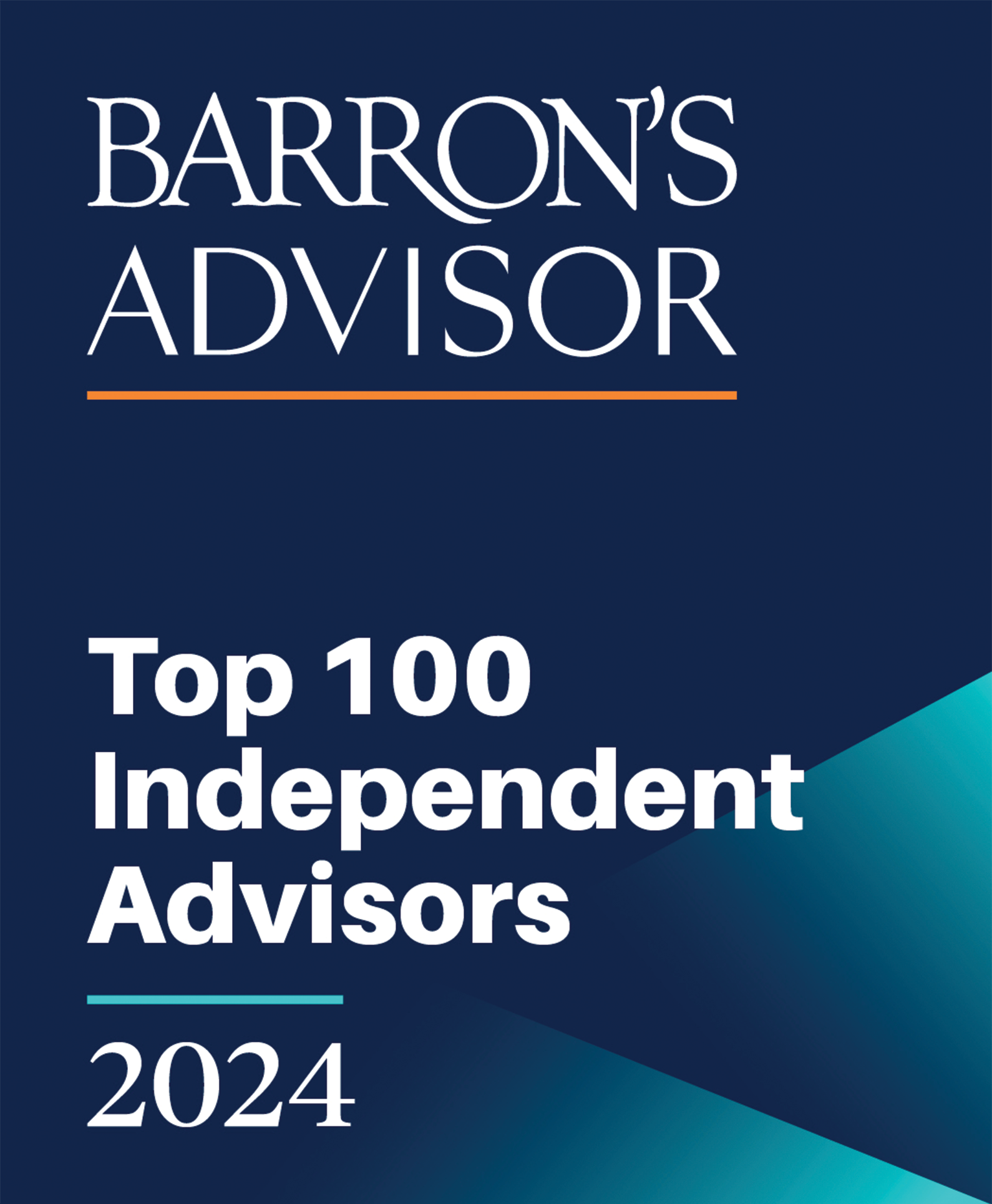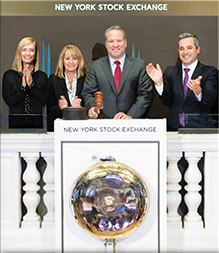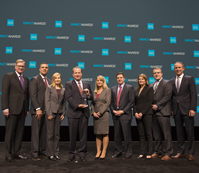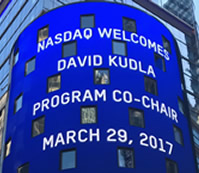(excerpt)
Elon Musk might be forgiven for yawning in the face of the superlatives coming his way again, accustomed as the Tesla CEO must be to seeing “radical and bold” and “jaw-dropping” applied to the company’s cars, which have single-handedly changed the focus of the industry to electrification.
Such adjectives, however, are now being aimed at his new, 10-year compensation package. Tesla (ticker:
TSLA) has said it aligns his interest with shareholders for the long term.
We beg to differ. However bold this new pay plan might seem—it considers that Musk could grow Tesla’s market capitalization from the current $58 billion to $650 billion in 2028—shareholder-friendly it is not. It emphasizes market cap goals, not sustainable profits.
Under the new plan, Musk, who owns about $13 billion in Tesla stock, gets nothing until the company’s
market cap reaches at least $100 billion. He gets a huge trove—about $55 billion—if it rises to $650 billion.
The fact that one of the most talked about and richest CEOs in the world could get zero compensation, even if the market cap rises two-thirds to $99 billion, is just the kind of risk-taking at which Musk
excels. …
… Musk is a genius inventor and a visionary, says David Kudla, chief investment strategist at Mainstay Capital Management. “You cannot be unimpressed with what he’s done.” But what’s critical for Tesla shareholders, he adds, is that he transforms it from a tech company to a profitable mass-market producer. (Kudla has been short Tesla shares in the past.)
So far, Tesla has missed production targets for the new and critical Model 3. Its goal of making 5,000 per week has been pushed back again, now the end of 2018’s second quarter. Tesla has said it has made “major progress” addressing bottlenecks. But current production is about 1,000 a week, so you have to wonder about the guidance, Kudla says. What good is holding 455,000 $1,000 refundable deposits on Model 3s, when it appears Tesla won’t be able to fulfill most of them this year? And Tesla has been so focused on production problems, that no one is talking about the potential for future service issues down the line. Tesla doesn’t yet have the infrastructure to handle mass recalls.
In the 12 months ended September 2017, the cash-burn rate averaged more than $1 billion per quarter, Kudla notes. At the end of that quarter, Tesla had $3.5 billion in cash. If Tesla doesn’t see a significant ramp up in Model 3s soon, or return to the capital markets for funding, it will run out of cash this year, he says.
SHAREHOLDERS SHOULD BANK ON another dilutive stock issuance. Tesla will continue to suck in capital and, during a bull market like this one, another equity offering soon would not be difficult. But if more are needed later, say during a bear market, investors might not be so forgiving. …
… Musk is a visionary and he’s revolutionized more than one industry. We get it. But the pay package isn’t as good as advertised. Tesla bulls can argue they aren’t deluded about the company’s future, but they will likely be diluted.
If you would like a copy of the complete article, please send an email request to This email address is being protected from spambots. You need JavaScript enabled to view it., or call toll-free 1-866-444-6246. If sending an email request, please include the following: title, date of article, and your mailing address.







